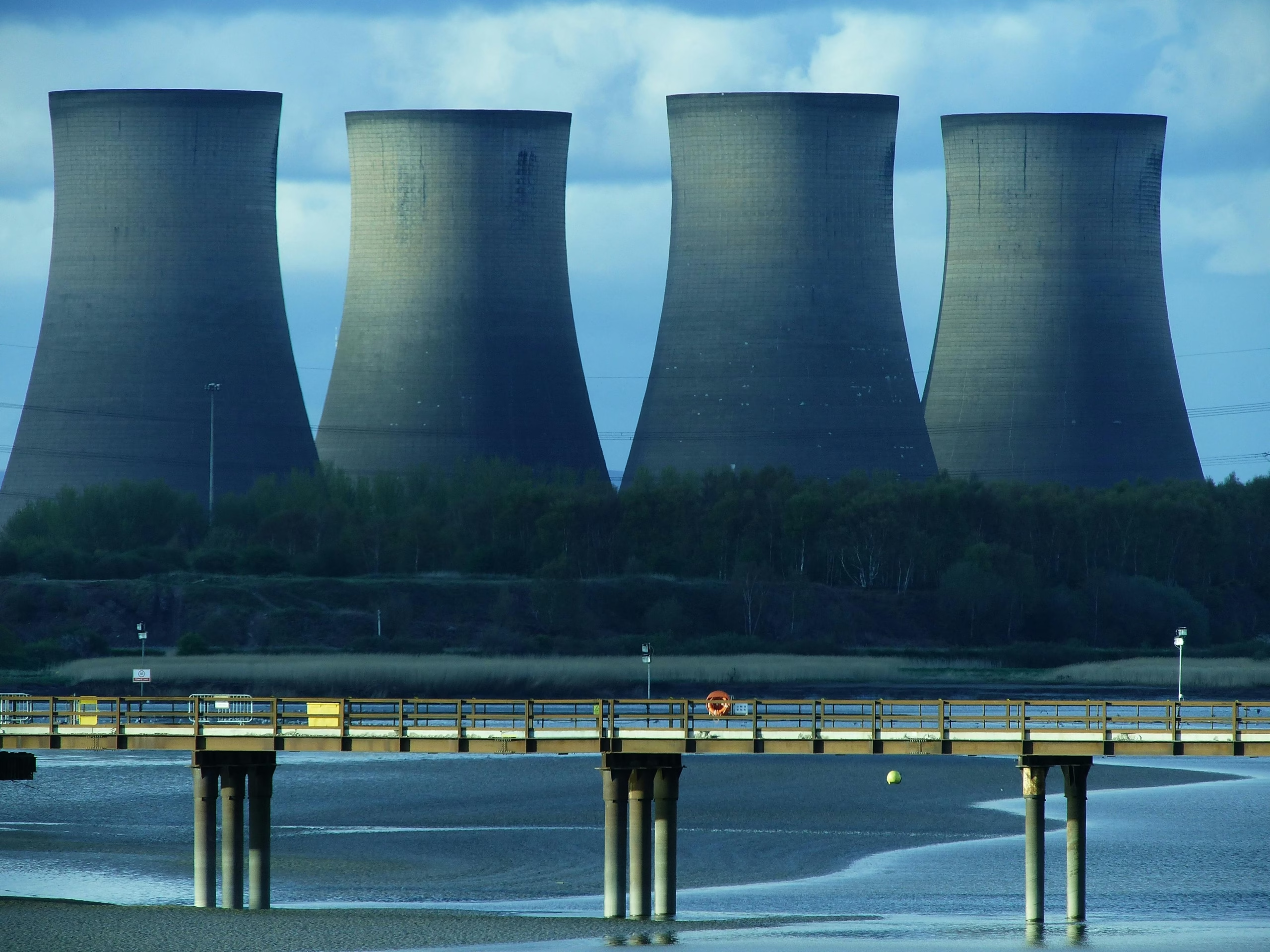Nuclear energy has long been a pillar of Sweden’s energy mix, although its significance has been diminishing due to divergent policies towards nuclear energy. In recent years, the debates regarding nuclear energy have intensified as the Swedish government, led by the Tidöpartierna coalition, has undertaken a bold reversal of the earlier nuclear phase-out policy. This analysis synthesises the historical, political, scientific, and economic dimensions of Sweden’s evolving nuclear landscape while highlighting the diverse views of political parties and the broader implications for energy policy.
Autor: Karolina Pawlik & Mateusz Gibała
Opublikowano: 30/06/2025

The incident involving the Falcon 9 rocket, whose fragments fell on Polish territory in February 2025, has become a symbol of the new challenges associated with the exploration of low Earth orbit. Although no one was harmed, the event highlighted that the rapid development of satellite technologies brings not only benefits but also significant risks. In a world where outer space is becoming a battleground for global economic and technological competition, Poland too must take a stance and actively participate in shaping new rules for its governance.
Autor: dr Joanna Kulesza
Opublikowano: 26/05/2025

On April 30, 2025, the governments of the United States and Ukraine signed the Agreement on the Establishment of a United States–Ukraine Reconstruction Investment Fund (“Agreement”). While publicly framed as a post-conflict development initiative, the Agreement should be more accurately understood as a layered instrument of geopolitical positioning and geoeconomic restructuring.
Autor: Maciej Filip Bukowski
Opublikowano: 08/05/2025

Autor: Karolina Pawlik
Opublikowano: 11/04/2025

The European Commission estimates that 200,000 additional women will need to join the energy sector by 2050 to achieve basic gender balance, key to accelerating the clean energy transition.
Autor: Petra Augustinova
Opublikowano: 15/10/2024

The Russian army’s attacks have severely damaged Ukraine’s energy infrastructure, leaving its citizens barely able to survive due to energy cuts and severely limited resources like running water.
Autor: Margaret Czarnik
Opublikowano: 19/09/2024

Moscow’s “war of choice” killed the Italo-Russian “romance” as the true colour of a disgruntled, terror state has tested the government and public. Still, local duginists are looking for a renewed occult influence to hijack the foreign policy and strategic security.
Autor: Francesco Foti
Opublikowano: 01/08/2023

In the 1990s, Central and Eastern European countries learned quickly that by combining their forces, they can be more successful in the Euro-Atlantic integration process. Perhaps, one of the most successful forms of informal regional cooperation was the Visegrad format.
Autor: Andras Braun
Opublikowano: 31/05/2023

The recent announcement of the Czech Republic's ongoing military assistance to Ukraine highlights the growing importance of defence cooperation between the two countries.
Autor: Tomáš Dvořák and Pavel Havlíček
Opublikowano: 31/05/2023

Russia's invasion of Ukraine has turned the global security environment upside down and made all countries think about the effectiveness of the existing security architecture. It is clear, that the process of revising the international order has already begun, and it is not excluded, that in the near future, we will witness the formation of new scientific, theoretical, or practical approaches to international relations and global politics.
Autor: Nikoloz Khatiashvili
Opublikowano: 30/05/2023

The path of the modern Ukrainian state towards democracy has been relatively short, but simultaneously full of struggle. The people of Ukraine had to take to the streets at least three times over the last 30 years to preserve democracy in the country: in 1990, 2004, and 2014. The last time when Ukrainian society stood up to the rise of authoritarian rule, Russia started its aggression against Ukraine by occupying the Crimean Peninsula and deploying its mercenaries in the Donetsk and Luhansk regions.
Autor: Ihor Havrylyuk
Opublikowano: 30/05/2023

Following the invasion of Ukraine by Russia, the impetus for a rapid clean energy transition has never been stronger. This position was confirmed by the European Commission’s (EC) REPowerEU initiative, a plan to phase out Europe’s dependence on fossil fuels before 2030 and to increase the resilience of the EU energy system.
Autor: Piotr Przybyło
Opublikowano: 24/03/2023

All societies, countries, organisations, and private individuals functioning in public information space are confronted with the challenge of disinformation.
Autor: Robert Pszczel
Opublikowano: 07/03/2023

Natural gas is the cleanest fossil fuel; its CO2 emissions are about half of that of coal and just one-third of brown coal emissions.
Autor: Piotr Przybyło
Opublikowano: 15/02/2023

The Balkans, historically known as a region of great powers’ clashing interests, have seen a new wave of political instability in the past year. Hotspots include: tensions on Kosovo-Serbian border, government crisis in Montenegro and Bulgaria and, lastly, the long lasting institutional deadlock in Bosnia and Herzegovina that could cause a new outbreak of violence.
Autor: Ihor Havrylyuk
Opublikowano: 08/02/2023

With the current Russian aggression and virtually total blockage of the original fuel supply routes and the destruction of domestic fuel production capabilities, there is a need to reroute Ukrainian fuel supply chains via alternative routes.
Autor: Piotr Przybyło
Opublikowano: 05/07/2022

In any economic analysis of Nord Stream 2 the first question to be considered is the actual cost of the project. Over the last couple of years, a variety of publications have provided widely differing cost projections. The recent data suggest that Nord Stream 2 capital investment will reach €9,5-10 billion.
Autor: Piotr Przybyło
Opublikowano: 06/05/2019

How to succeed in providing national cybersecurity? This question tops policy agendas for many European governments – and rightly so. Israel is acknowledged as a global cybersecurity leader, encompassing strategy, defense, research, capacity building, technology, entrepreneurship and human capital.
Autor: Lior Tabansky, Isaac Ben Israel, Joanna Kulesza, Grzegorz Małecki
Opublikowano: 15/11/2017



















